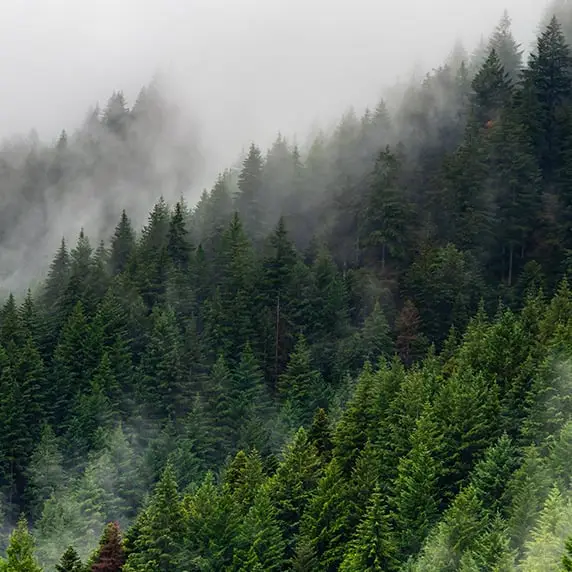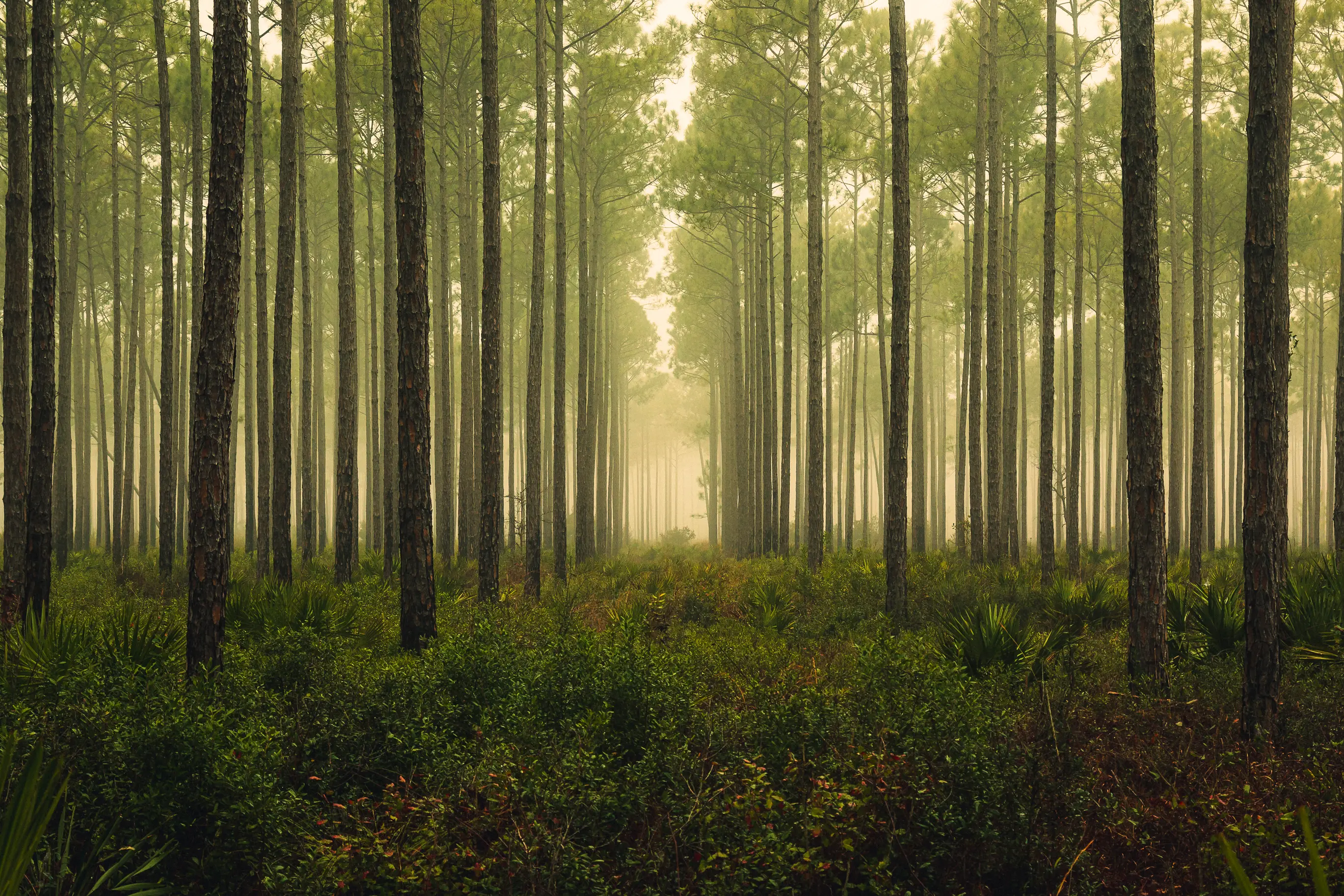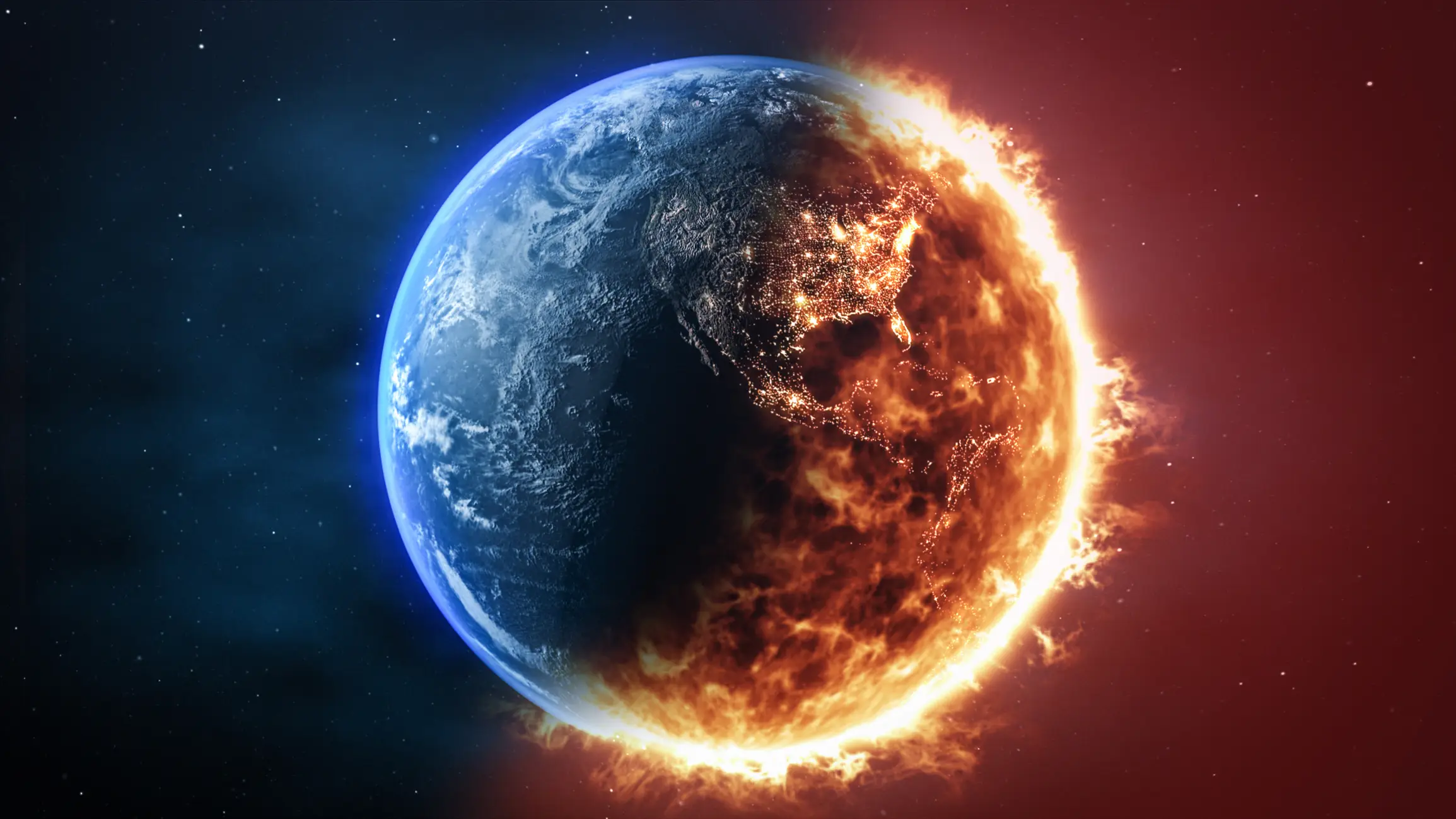
As the Earth continues to heat up, scientists are getting increasingly worried about the state of our planet.
And it looks like things could be taking a turn for the worse after it was discovered that trees absorbed almost no CO2 last year.
However, experts have no idea why.

Advert
In 2023, which was also the hottest year on record, our forests, plants and soil absorbed almost no carbon.
Philippe Ciais, who is a researcher at the French Laboratory of Climate and Environmental Sciences, said: “In 2023 the accumulation of CO2 in the atmosphere is very high and this translates into a very, very low absorption by the terrestrial biosphere.
“In the northern hemisphere, where you have more than half of CO2 uptake, we have seen a decline trend in absorption for eight years.
“There is no good reason to believe it will bounce back.”
This is particularly concerning as it hasn’t been predicted to happen by scientists, who are now having to rethink their models for gauging climate change.
Professor Andrew Watson, who is the head of Exeter University’s marine and atmospheric science group, added: “Overall, models agreed that both the land sink and the ocean sink are going to decrease in the future as a result of climate change. But there’s a question of how quickly that will happen.

The models tend to show this happening rather slowly over the next 100 years or so. This might happen a lot quicker.
“Climate scientists [are] worried about climate change not because of the things that are in the models but the knowledge that the models are missing certain things.”
Ciais went on to say: “None of these models have factored in losses like extreme factors which have been observed, such as the wildfires in Canada last year that amounted to six months of US fossil emissions. Two years before, we wrote a paper that found that Siberia also lost the same amount of carbon.”
People were surprised to find out the dire situation we might be in if the trees on our planet stop absorbing carbon.
With many taking to social media to share their concerns, one user on Reddit wrote: “Younger trees are incapable of sequestering as much carbon as older trees, which is why common bandaid solutions (e.g. planting more trees, adding more greenery) aren't surefire solutions in reducing greenhouse gas emissions.”
A second said: “At this point watching people be shocked by what is happening is just borderline amusing.”
And a third joked: “I mean maybe they’re frustrated and I’m like girl same.”